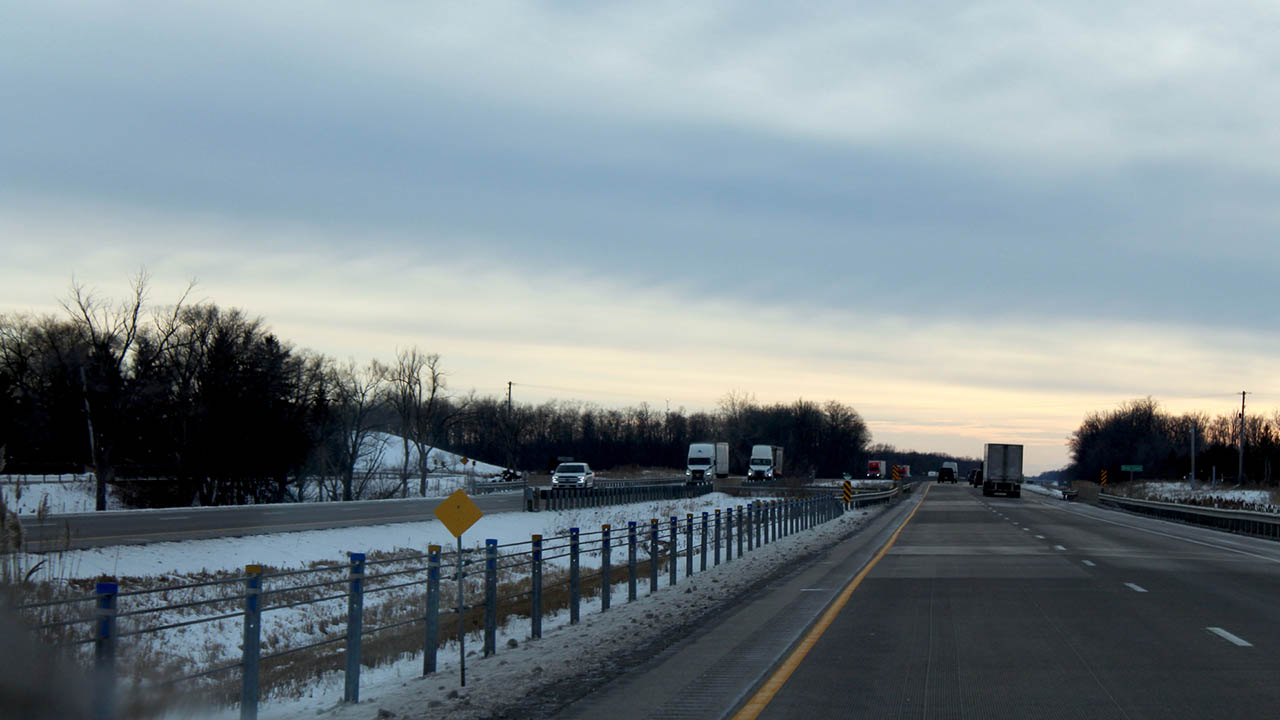Climate change is no joke: What this winter weather is telling us
 CREDIT: EMMA BUTLER
CREDIT: EMMA BUTLERThis winter has been very different from other years which has opened the eyes of environment activists everywhere.
This winter has been different from many other years which may leave some wondering, why? Warm spells, snow storms, and now a sudden drop in temperature are just some of the varying examples of weird winter weather this year. Climate change has been a topic of conversation for a while, and according to one expert, this winter should spark the conversation to grow even more.
Brendon Samuels is a PhD candidate at Western University who also does volunteer work with London’s environmental sector. Samuels is an environmental activist who has noticed climate change and the issues it can bring to society.
“I think a lot about climate change, almost every day,” Samuels said. “Climate change is extremely alarming, complex and is laying bare a lot of the fault lines in our society that contribute to overlapping environmental and social crises.
Samuels explained that this winter, the London region has seen some anomalous weather patterns that he said are linked to changes happening on a global scale.
“For instance, in late December we had a really cold spell and a big dump of snow that extended across most of North America. A lot of people look at that kind of weather and wonder how the atmosphere can be warming if we still have intense winters. Actually, below-freezing polar vortex bomb cyclones happen and shift around because of global warming, as hot North Pacific water pushes the Arctic Circle air down onto Southern Canada and the United States.”
In response to these changes, Samuels suggested ways that people can help out with climate issues and be more green for the environment. On an individual level, Samuels recommended driving less (using transit or active transportation), making homes more energy efficient, diverting organic waste to reduce methane emissions, and adjusting our diets over time to consume less animals.
“Adjusting our diet to consume less materials derived from animals means less energy, and water and land are needed to grow those animals, and in the case of cows, less methane will be emitted into the atmosphere,” said Samuels.
But Samuels also stressed that collectively, there is a need to address the urgency of climate change.
“The decisions made by governments today and in the coming years to mitigate the causes and adapt for the impacts of climate change, will determine how extreme things are going to get under climate change in a few decades. We need to also recognize that climate change will disproportionately harm some parts of the world, especially equatorial countries, and the most vulnerable people in our society, such as people living with low income or disabilities.”
This winter’s weather patterns are an example of how climate change is happening every day. Samuels suggested that the younger population needs to think about who they vote for and see what they will do for the environment as it plays a big part in the future.
“The only way we can meet the climate crisis is if we also address the biodiversity loss crisis. We need to rethink not just our greenhouse gas emissions, but our approach to using precious natural resources like land and water for human purposes. We have taken more from the planet than it can afford to give us, and it's time for us to give some back,” Samuels stated.

















